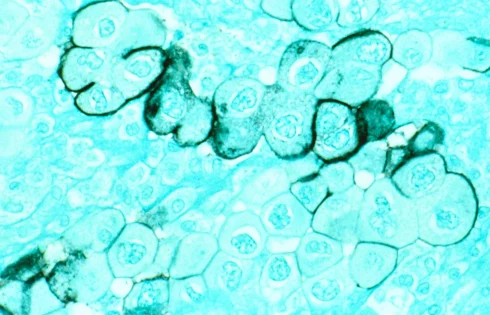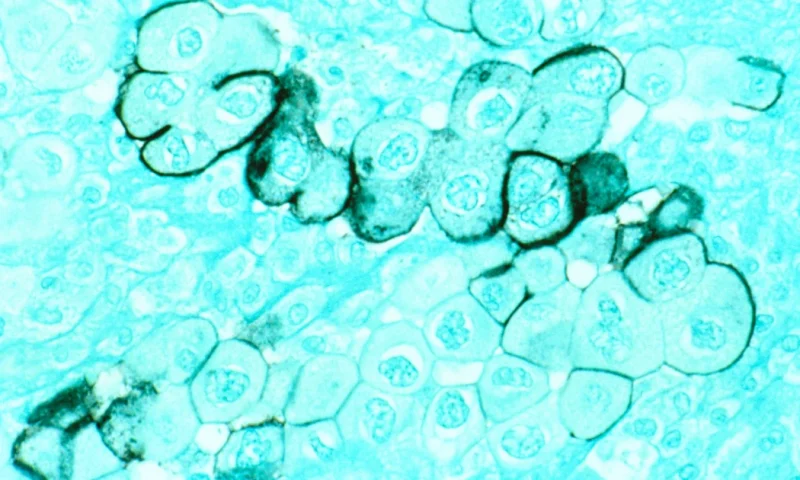
In a significant development for pancreatic cancer treatment, a phase 1 clinical trial has highlighted the potential of personalized mRNA vaccines to treat the deadly disease.
This research comes at a critical time, as pancreatic cancer is known for its grim prognosis, with less than 13% of patients surviving beyond five years.
The disease is often diagnosed at advanced stages due to a lack of early symptoms and routine screening.
Pancreatic cancer woes
Pancreatic cancer is particularly challenging because around 90% of cases are found when they are already advanced.
The nature of this cancer often allows it to spread to other parts of the body before it can be effectively treated.
Traditional methods like surgery, chemotherapy, and radiation are limited in their ability to cure the disease, which has led researchers to seek innovative therapies.
Dr. Vinod Balachandran, who leads the Olayan Center for Cancer Vaccines at Memorial Sloan Kettering Cancer Center, expressed the urgent need for new options.
“Despite advancements in treatments for other cancers, pancreatic cancer remains largely resistant, with a survival rate that has stagnated around 10% even following the best available therapies,” he noted.
Before the COVID-19 pandemic popularized mRNA technology, researchers already explored its potential for cancer treatment.
For an mRNA vaccine to be effective, it must generate a strong response from T cells, a type of immune cell that combats infections and diseases. These T cells must remain active over time to fight cancer cells.
While training T cells to attack viruses is comparatively straightforward, teaching them to target cells the body has created is considerably more complex.
The challenge is particularly pronounced in pancreatic cancer. For a vaccine to successfully prompt the immune system to identify tumor cells, there must be unique targets present on those cells.
Cancer cells develop from mutations, and these mutations can serve as targets. However, pancreatic tumors generally have fewer mutations available, leading to skepticism about the effectiveness of mRNA vaccines for this cancer type.
New mRNA vaccine may extend life by 8 to 10 years
The recent trial aimed to test this assumption by exploring the efficacy of personalized mRNA vaccines in a group with operable pancreatic cancer.
This was a follow-up study to an initial trial conducted earlier in 2023.
Phase 1 trials are designed to assess safety and initial effectiveness, and this new study included 16 patients whose tumors could be surgically removed—a rare situation, as only about 20% of pancreatic cancers are operable.
In addition to surgical treatment, these participants were given personalized mRNA vaccines tailored to their tumor profiles.
The researchers monitored the patients for up to four years after tumor removal, assessing the vaccine’s ability to stimulate an immune response.
Results showed that half of the participants—eight out of 16—responded positively to the vaccine, producing T cells capable of targeting their tumors.

